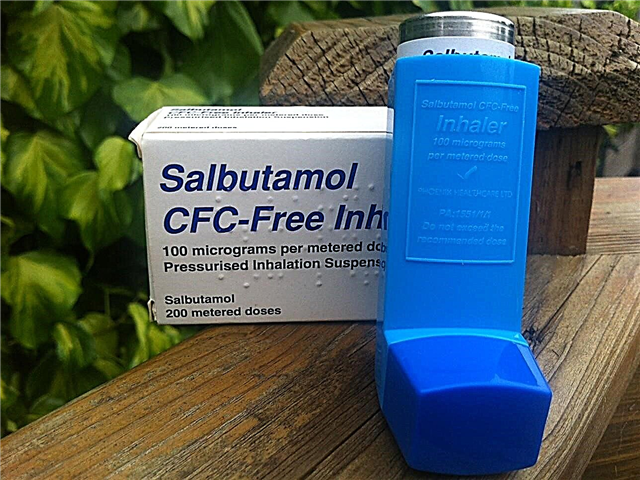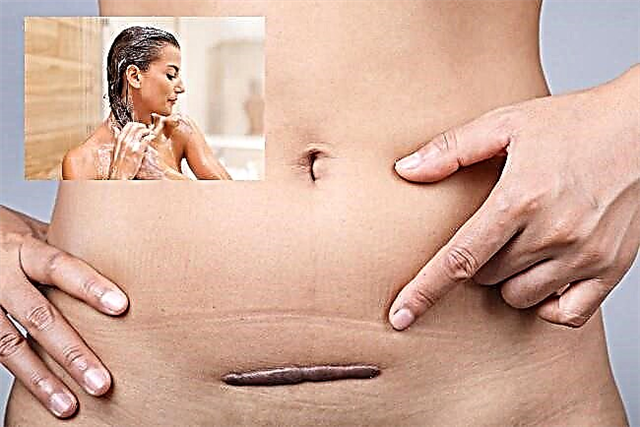In the first days after childbirth, some women may experience a rare mental disorder called postpartum psychosis. The disease is difficult but treatable. It is important to recognize the signs of an incipient disorder in time. Moreover, it may turn out to be a big surprise for relatives, appearing suddenly. Although gradually developing psychosis is difficult to recognize immediately.
Postpartum psychosis is a rare mental disorder that usually occurs in the first 2-4 weeks after childbirth. With timely diagnosis and a quick start of therapy, a woman can get out of this rapidly developing state in a few weeks, and with a belated diagnosis, recovery can take months. Often, a woman suffering from postpartum psychosis is not aware of her painful condition. Source: Wikipedia

Causes of the disease
Little is known about the causes of the disease. Doctors are inclined to believe that a sharp hormonal change in the female body in the postpartum period can provoke the development of psychosis, complications during childbirth, emotional stress from the birth of a child. Constant lack of sleep, severe fatigue of the mother can also serve as a push.
Women whose relatives have suffered from postpartum psychosis, as well as women with a history of bipolar depression or schizophrenia, are more at risk of getting sick. If a woman has already been diagnosed with postpartum psychosis after the first birth, there is a high probability of its recurrence after the second pregnancy.
The use of drugs before pregnancy can provoke the development of psychosis.
Everyone who has a high risk of getting sick should definitely consult a psychiatrist in order to minimize the likelihood of the disease.
Fortunately, postpartum psychosis is much less common than postpartum depression — approximately 0.1% of women in labor develop it.
Signs of postpartum psychosis
 Contact a psychiatrist immediately if you notice the following symptoms in a woman who recently gave birth (literally in the first days after childbirth):
Contact a psychiatrist immediately if you notice the following symptoms in a woman who recently gave birth (literally in the first days after childbirth):
- A woman becomes absent-minded, cannot clearly express her thoughts. Periods of talkativeness are replaced by unwillingness to communicate;
- Aggressiveness or euphoria alternates with depression, and mood changes occur quite abruptly;
- The perception of taste and smell changes. Even refusal to eat is possible;
- Insomnia. If a woman's sleep is disturbed, she does not want to go to bed, this should also alert loved ones. She may develop delusional ideas and visions, auditory hallucinations;
- A woman has obsessions, it seems to her that the baby is in danger, they want to take his life, kidnap him. She does not allow anyone to approach the child, refuses to talk to people, is afraid to go out into the street;
- Or, on the contrary, the child becomes hated by the mother, she is even able to try to kill him. And he can show complete indifference to him. The same attitude can be towards people close to her.
The woman herself does not understand that she is sick, completely inadequate, so her family should take care of her and show her to the psychiatrist.
It is necessary to take this disease seriously. After all, a sick person, without receiving the necessary treatment, can not only harm herself and the child, but also deprive herself and his life.
Treatment
At the first suspicion of a disease be sure to consult a psychiatrist. He will examine the patient and prescribe the necessary treatment for her.
Most often, a sick woman is admitted to the hospital. If there are conditions in the clinic, the baby is next to the mother. Basically, there are no such wards in the hospital, so the baby is at home with someone from his family. If the child is with his mother, then breastfeeding the baby during treatment is prohibited, because his mother receives strong antipsychotic medications, various mood stabilizers (normotimics).
Usually, the patient's condition improves in a couple of weeks so much that she can be discharged home for follow-up treatment. The full course of treatment can last from six months to a year.
A lot of strength and patience will be required from relatives and friends:
- It is necessary to provide the sick mother with comfortable conditions conducive to recovery: peace, the opportunity to rest more;
- Most of the household chores will have to be taken over by the husband and other family members;
- During the course of treatment, one of the relatives should take care of the baby, the mother herself cannot yet do this;
- Temporarily limit meetings at home with friends - it is not time for guests yet.
- Try to morally support the woman, talk to her calmly, kindly, without reproaching what happened. After all, what happened is not the woman's fault;
- If possible, do not leave her alone;
- Monitor medication intake, dosage and timing;
- Get a full 8 hours of sleep.
Effects
If you do not start treatment on time, the consequences of a formidable disease can be dire. Being in a state of psychosis, a woman does not control her actions, she is in captivity of obsessions. There are cases when a mother who had just given birth, without receiving timely treatment and being in a manic-depressive state, attempted suicide. And not all of them, unfortunately, were prevented.
An acquaintance of mine, who suffered from postpartum psychosis, recalls that time as a terrible dream. Her childbirth was premature, difficult, obviously, this contributed to the development of the disease.
She says that she suddenly became irritable, shouted at everyone, everyone suddenly became enemies. I even had a fight with my mother-in-law. She wrote some vague, incomprehensible notes. Everything around him became alien, life seemed over. It seemed to her that the vitality had left her. Gustatory sensations have completely disappeared. Because of this, she refused to eat in the hospital. She was forced to spoon-feed her. How she ended up in the hospital - she doesn't remember at all. The treatment was delayed for six months.
It's been three years now, and she and her husband want a second child. But a friend is afraid of a recurrence of the disease. So she and her husband went to a psychiatrist who treated her. Now the woman fulfills all the doctor's recommendations and hopes that the terrible disease will not recur.
If you could not avoid the disease, and postpartum psychosis still manifested itself, do not despair. Remember - life goes on. It is very important to be considerate of a woman who has just given birth. Take care of her, help with household chores. Surround her with love. Give mommy an opportunity not to be overwhelmed, to rest more often. And then the terrible disease will recede and will be remembered simply as a severe nightmare.
Read more about postpartum depression - 10 tips HOW to get rid of depression after childbirth
What you need to know about postpartum depression - 9 questions that worry young mothers



